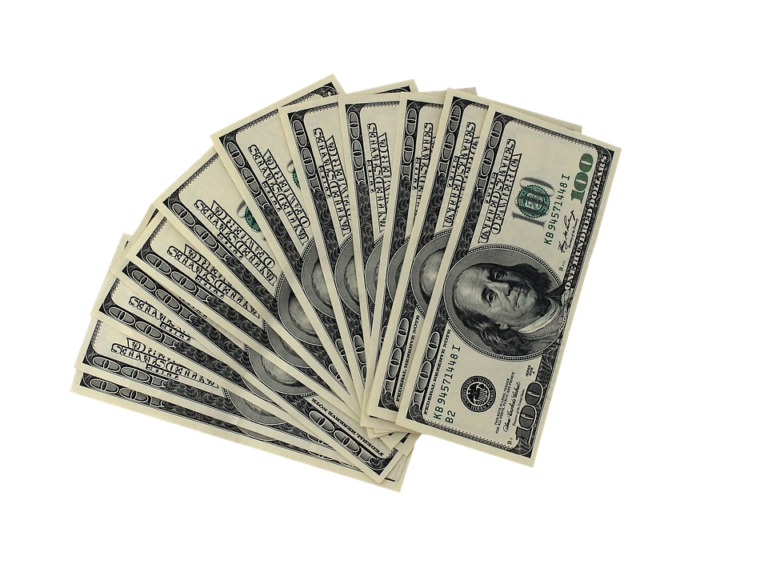Last updated Apr. 3, 2025 by Charles Zemub
Buying a house at auction can be an exciting and rewarding experience, offering the potential to purchase properties below market value. Whether you’re an investor looking to expand your portfolio or a first-time homebuyer seeking a bargain, auctions present a unique opportunity to acquire real estate. However, purchasing a home at auction requires careful planning, research, and an understanding of the auction process. This comprehensive guide covers everything you need to know to successfully buy a house at auction.
Understanding Property Auctions
Property auctions are events where homes and other types of real estate are sold to the highest bidder. They can be organized by government bodies, financial institutions, or private auction houses. The properties available at auction can range from foreclosures and short sales to properties being sold by motivated sellers. Buyers often attend auctions in the hopes of securing a property at a lower-than-market-value price.
Types of Auctions:
-
Absolute Auctions: The property is sold to the highest bidder with no minimum price. This type often attracts the most interest because there is a genuine opportunity to buy below market value.
-
Minimum Bid Auctions: The auctioneer sets a minimum price. Any bids below this price will not be accepted.
- Reserve Auctions: The property owner has the right to accept or reject the highest bid. This type offers more flexibility to sellers.
Preparing for the Auction
1. Research the Market
Understanding current market conditions is essential when buying a house at auction. Research the area where the auction property is located, analyze recent sales data, and compare similar properties to gauge the property’s potential value. Websites like Zillow, Redfin, and local MLS listings can provide crucial data.
2. Identify Auction Properties
Monitor auction-specific websites, local newspapers, and public notices to find properties going to auction. Many auction houses list available properties on their websites weeks before the event, allowing prospective buyers ample time to investigate.
3. Inspect the Property
Where possible, arrange to view the property in person or via virtual tours. Thorough inspections might be limited at auctions, but at the very least, aim for a drive-by inspection. Take note of the condition of the property and neighborhood.
4. Read the Auction Terms and Conditions
Every auction has its own set of rules. It’s crucial to review these terms carefully, as they outline deposit amounts, payment methods, buyer’s premiums, and deadlines for closing the deal.
5. Secure Financing
Before attending an auction, make sure you have your financing in order. Many auction purchases require immediate payment, so having cash, a cashier’s check, or approved financing is critical. Speak with your bank or mortgage broker to confirm your limits and the availability of funds.
6. Conduct a Title Search
Do your due diligence by conducting a title search to ensure there are no liens or outstanding debts associated with the property. Title companies can assist in verifying the legal ownership and any encumbrances on the property.
7. Determine Your Maximum Bid
Set a firm budget before attending the auction, taking into account potential renovation costs, fees, and applicable taxes. It’s easy to get caught up in the excitement of bidding, but overspending can negate any potential savings.
The Auction Day
1. Register for the Auction
Most auctions require pre-registration, either online or in person. Be sure to bring a government-issued ID, proof of funds, and any required deposits.
2. Arrive Early
On auction day, arrive early to get a feel for the environment and review any last-minute property notes or updates from the auctioneer.
3. Understand the Bidding Process
Familiarize yourself with the auctioneer’s style and rules. Pay close attention to how bids are placed and recognized to ensure you’re comfortable participating.
4. Strategize Your Bidding
Begin your bids conservatively, and don’t exceed your pre-determined maximum price. Bidding can escalate quickly, so staying composed is crucial.
Post-Auction Steps
1. Winning the Auction
If you win the auction, you’ll likely need to sign a contract and provide your deposit immediately. This payment often secures your interest in the property until the full payment is made.
2. Finalize Financing and Title
Complete any remaining financing or title check processes. Ensure that funds are ready by the closing date outlined in the auction terms.
3. Close the Transaction
On closing day, all documents will be finalized, and you’ll transfer the remaining funds. Once complete, you receive the keys and ownership of the property.
4. Renovate and Move In or Re-Sell
Once acquired, decide whether you’ll renovate and move into the property, rent it out, or sell it for a profit. Each choice has different financial implications, so consider your circumstances and goals.
Short Answer
✓ Short Answer
Buying a house at auction demands preparation and decisiveness. Begin by researching market values and identifying auction properties. Inspect properties when possible, understand auction terms, and secure your financing. On auction day, register, understand the bidding process, and bid within your limits. Winning means fulfilling contractual obligations immediately, including paying the deposit and securing financing for the balance. Following purchase, complete the transaction through closing and decide whether to move in, rent, or resell the property. This thorough preparation ensures a successful and profitable auction experience.
FAQs
1. What are the risks of buying a house at an auction?
Buying a house at an auction carries risks such as inheriting liens, unknown property conditions, and inadequate time to arrange finances. It’s vital to conduct due diligence and understand potential pitfalls.
2. Can I back out of an auction bid?
Generally, once a bid is placed and accepted at an auction, it’s legally binding. Backing out could result in losing your deposit or facing legal action.
3. Are auction houses cheaper than regular sales?
Auction houses can be cheaper, but this isn’t always the case. Properties might initially sell for less, but additional fees and potential renovation costs can alter the final expense.
4. How much deposit do I need for an auction?
Deposits typically range from 5-10% of the purchase price and are due immediately after winning the bid.
5. Can I get a mortgage for a house at auction?
Yes, mortgages are possible, but pre-arranging financing is essential as auctions often require quick payment.
Buying a house at auction presents unique advantages and challenges. By preparing diligently, understanding the process, and sticking to your budget, you can navigate auctions successfully and secure a property that meets your needs and financial goals.


